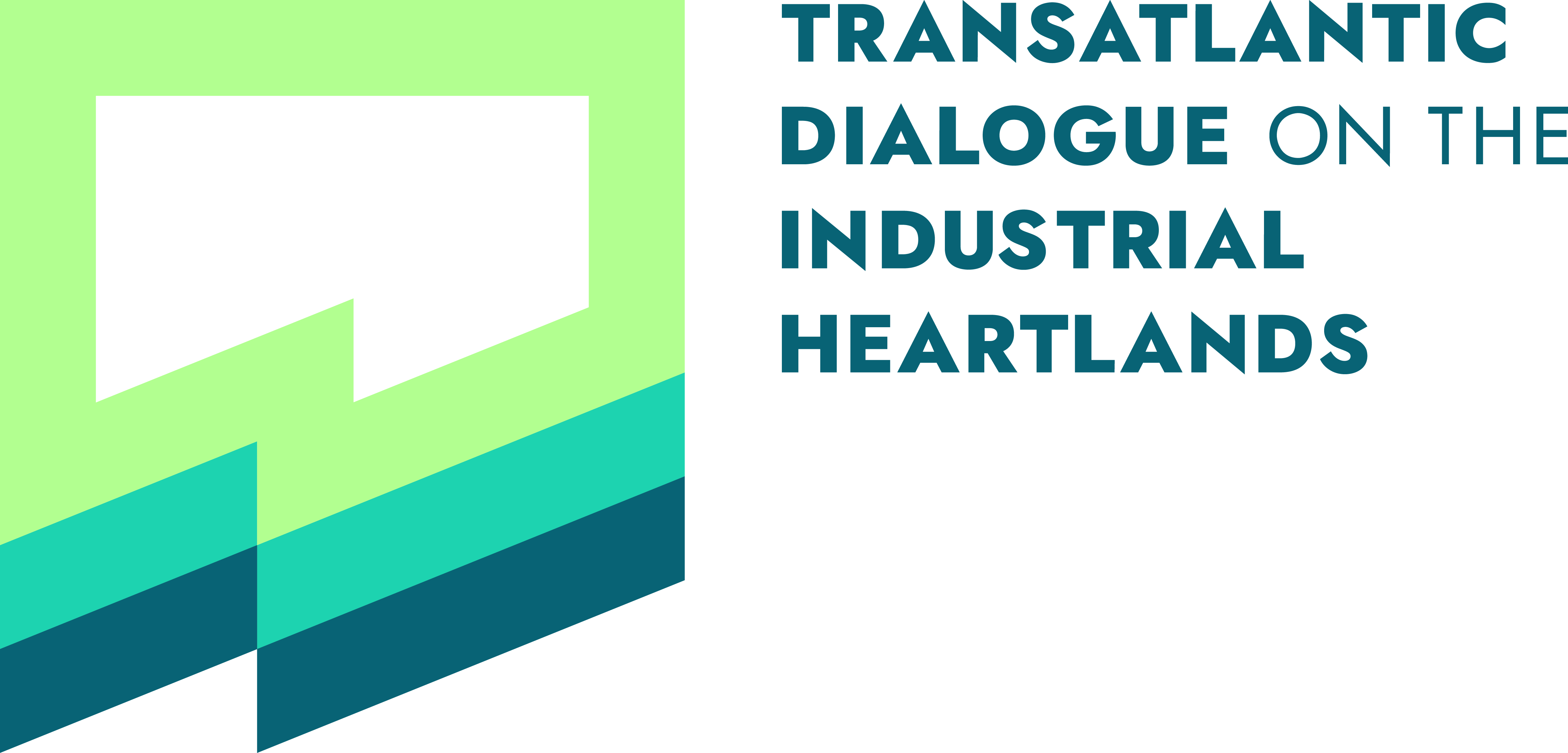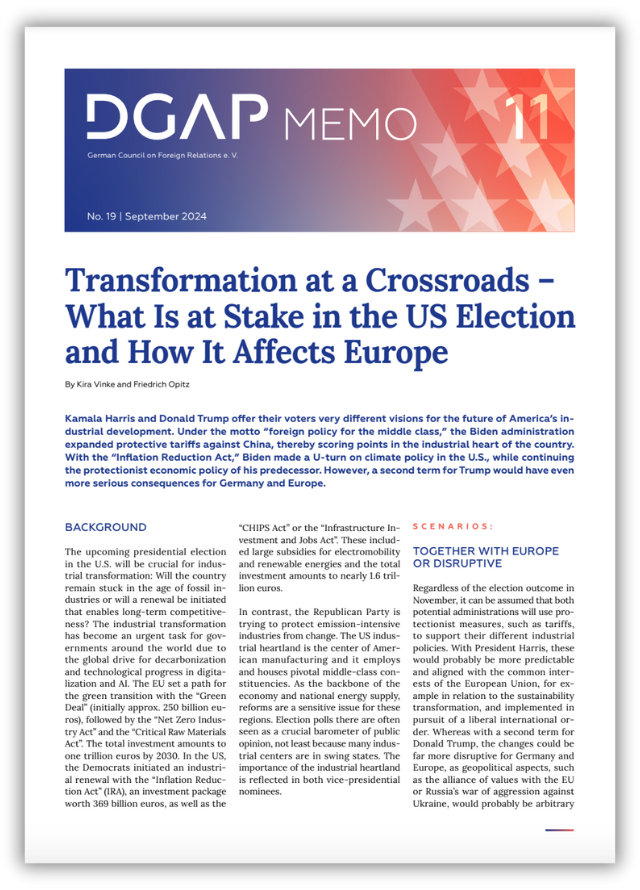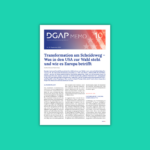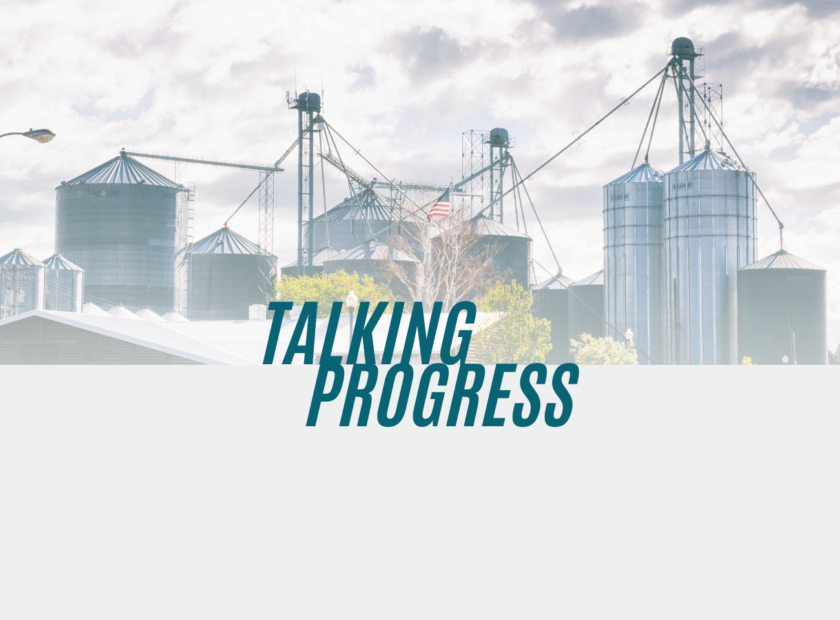Authors: Dr. Kira Vinke und Friedrich Opitz
Kamala Harris and Donald Trump offer their voters very different visions for the future of America’s industrial development. Under the motto “foreign policy for the middle class,” the Biden administration expanded protective tariffs against China, thereby scoring points in the industrial heart of the country. With the “Inflation Reduction Act,” Biden made a U-turn on climate policy in the U.S., while continuing the protectionist economic policy of his predecessor. However, a second term for Trump would have even more serious consequences for Germany and Europe.
The upcoming presidential election in the U.S. will be crucial for industrial transformation: Will the country remain stuck in the age of fossil industries or will a renewal be initiated that enables long-term competitiveness?
About the Authors

Dr. Kira Vinke is head of the Center for Climate and Foreign Policy at the German Council on Foreign Relations (DGAP). She co-chairs the Advisory Board to the German Federal Government on Civilian Crisis Prevention and Peacebuilding and is affiliated as a guest scientist with the Potsdam Institute for Climate Impact Research (PIK) where she worked before joining DGAP. Her interest in the Industrial Heartlands project are connected to the role of migration in shaping the sustainability transformation in the United States and Germany and the transatlantic perspective on the implementation challenges of green industrial policy. She is deputy head of the “Climate, Work and Innovation” working group as part of the “Transatlantic Dialogue on the Industrial Heartlands” project.

Friedrich Wolfgang Opitz is currently working on his dissertation on structural change and populism in the American Midwest and Eastern Germany as part of a research stay in Wisconsin. Between deindustrialization and decarbonization in both regions, he explores material and immaterial experiences of transformation, and what can be learned from the economic changes of past decades for current challenges. Before, Friedrich studied in the US (Ohio University) and France (Sciences Po Strasbourg), and holds a master’s degree in international relations with a focus on economics from the Technical University of Dresden. As part of the “Transatlantic Dialogue on the Industrial Heartlands” project, Friedrich leads the “Climate, Work, and Innovation” working group.




